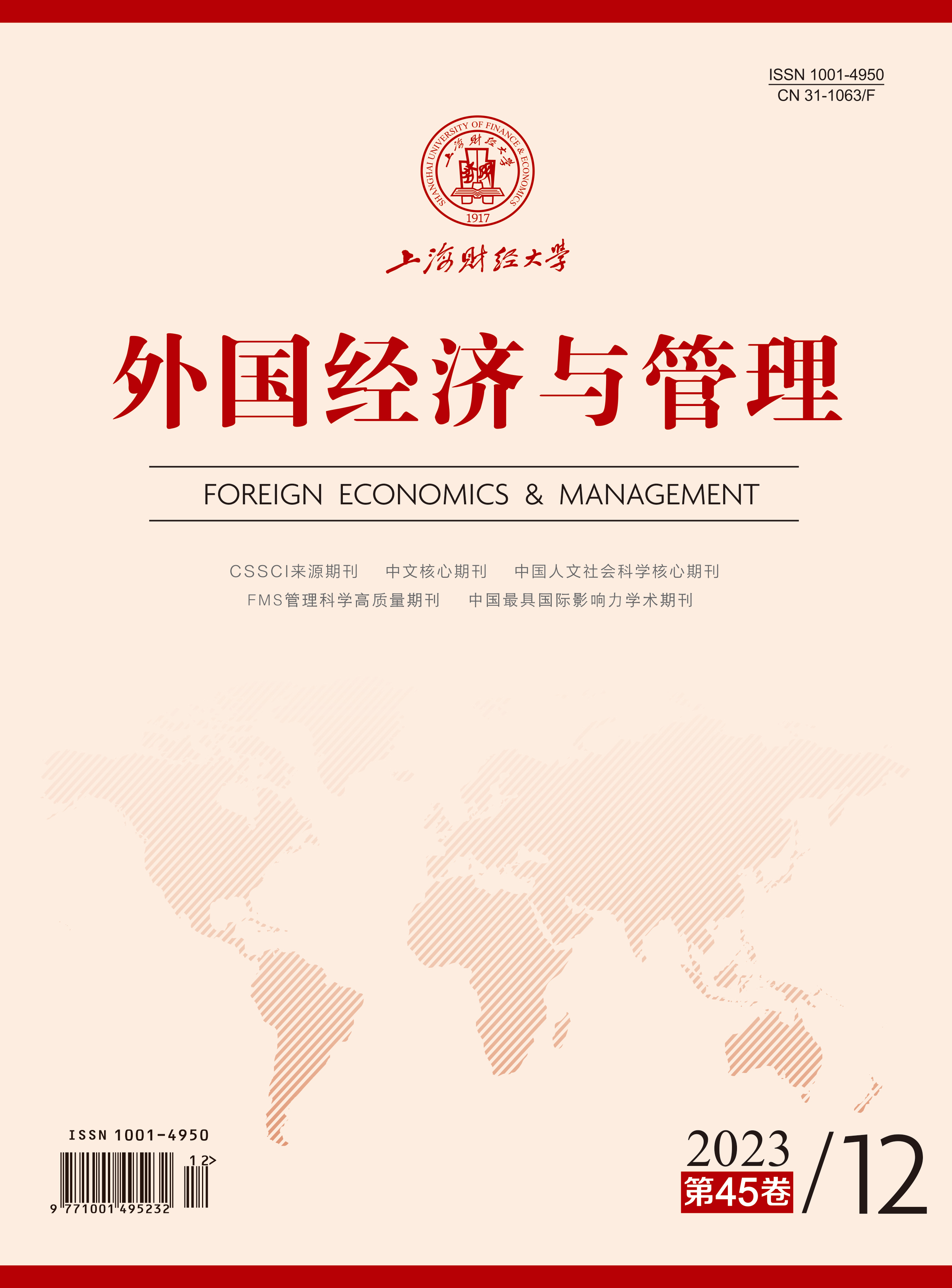本文以哈耶克的“感觉的秩序”和奥地利学派经济学的“企业家精神”作为理论视角,说明数据的来源、生成、价值等问题,试图重新确立数字经济研究的微观基础。其中,感觉的秩序包括联结和分类这两个原理,它构成了数字经济研究的心理学基础;企业家精神则是指人的心智对逻辑的运用,其特点是米塞斯强调的“二元论”。数据的价值问题是数字经济的核心,但是企业家需要借助市场价格才能对数据的价值做出判断,因此“价格”与“二元论”共同构成了数字经济的经济学基础,而体现企业家精神的判断又是在企业家的感觉秩序中实现的。
数字经济的微观基础:以感觉的秩序与企业家精神为理论视角
摘要
参考文献
1 F. A.冯·哈耶克著, 邓正来译. 个人主义与经济秩序[M]. 北京: 生活•读书•新知 三联书店, 2003.
2 何大安, 杨益均. 大数据时代政府宏观调控的思维模式[J]. 学术月刊, 2018, 50(5): 68-77. DOI:10.19862/j.cnki.xsyk.2018.05.007
3 卡尔·门格尔著, 刘絜敖译. 国民经济学原理[M]. 上海: 上海人民出版社, 2005.
4 刘方, 吕云龙. 健全我国数据产权制度的政策建议[J]. 当代经济管理, 2022, 44(7): 24-30. DOI:10.13253/j.cnki.ddjjgl.2022.07.004
5 米塞斯著, 何品, 胡玉琴译. 理论与历史[M]. 台北: 凌零出版社, 2017.
6 Boettke P J. Entrepreneurship, and the entrepreneurial market process: Israel M. Kirzner and the two levels of analysis in spontaneous order studies[J]. The Review of Austrian Economics, 2014, 27(3): 233-247. DOI:10.1007/s11138-014-0252-1
7 Butos W N, Koppl R G. The varieties of subjectivism: Keynes and Hayek on expectations[J]. History of Political Economy, 1997, 29(2): 327-359. DOI:10.1215/00182702-29-2-327
8 Dold M, Lewis P. F. A. Hayek on the political economy of endogenous preferences: An historical overview and contemporary assessment[J]. Journal of Economic Behavior & Organization, 2022, 196: 104-119.
9 Dulbecco P. The dynamics of the institutional change and the market economy: Understanding contemporaneous market development processes[J]. The Review of Austrian Economics, 2003, 16(2): 231-251.
10 Hayek F A. The sensory order: An inquiry into the foundations of theoretical psychology[M]. Chicago: University of Chicago Press, 1952.
11 Hayek F A. Rules, perception and intelligibility: Hayek F A Studies in philosophy, politics and economics[M]. Chicago: University of Chicago Press, 1963: 43-65.
12 Horwitz S. From the sensory order to the liberal order: Hayek’s non-rationalist liberalism[J]. The Review of Austrian Economics, 2000, 13(1): 23-40. DOI:10.1023/A:1007850028840
13 Kirzner I M. Competition and entrepreneurship[M]. Chicago: University of Chicago Press, 1973.
14 Koppl R. Some epistemological implications of economic complexity[J]. Journal of Economic Behavior & Organization, 2010, 76(3): 859-872.
15 McQuade T J, Butos W N. The sensory order and other adaptive classifying systems[J]. Journal of Bioeconomics, 2005, 7(3): 335-358. DOI:10.1007/s10818-005-7606-5
16 Saunavaara J, Laine A, Salo M. The Nordic societies and the development of the data centre industry: Digital transformation meets infrastructural and industrial inheritance[J]. Technology in Society, 2022, 69: 101931. DOI:10.1016/j.techsoc.2022.101931
17 Tuerck D G. Economics as mechanism: The mind as machine in Hayek's sensory order[J]. Constitutional Political Economy, 1995, 6(3): 281-292. DOI:10.1007/BF01303407
引用本文
朱海就, 王东亮. 数字经济的微观基础:以感觉的秩序与企业家精神为理论视角[J]. 外国经济与管理, 2023, 45(12): 52-63.
导出参考文献,格式为:





 3269
3269  2321
2321

